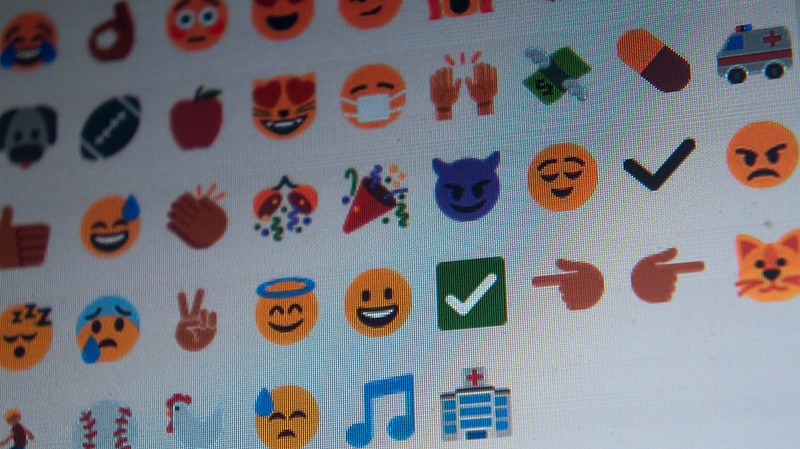The authorities launched the investigation after noting the sale of drugs at parties and universities in Concepción. Once the sellers’ identities were established, police say, they tracked down the suppliers.
To their surprise, those suppliers were Colombian. Three were arrested, two of them with over eight kilos of ketamine, and the third was caught later with ketamine residue and more than US$ 11,000 in cash hidden in false-bottom drawers in his apartment.
Seven women and a man of Chilean nationality were also arrested. Likewise, the gang's family members were allegedly involved in the illicit activity. However, the report does not specify what role they played.
Several properties were raided in the operation. Vehicles, weapons, and more than US$17,000 were seized. Marijuana, cocaine, ketamine, ecstasy, and other substances were also confiscated.
Ketamine is an anesthetic, mainly for veterinary use, although it is also approved for human use. According to the National Drug Intelligence Center, the drug gained popularity by producing hallucinogenic effects similar to those of PCP (phencyclidine, commonly known as Angel Dust), a drug developed in the 1950s that distorts sensory input and can produce hallucinations.
Other drugs traded by the gang included poppers, a chemical inhalant drug that enhances sexual activity, and ‘tusi’, known as pink cocaine, a mixture of substances including ketamine.
The use of emojis for drug sales is not a new issue. In 2021, the Drug Enforcement Administration reported on the different types of emojis and symbols used by drug trafficking organizations.



